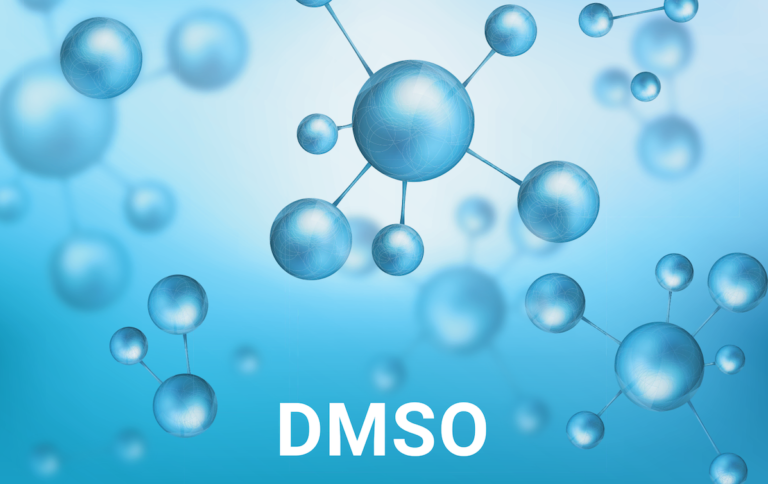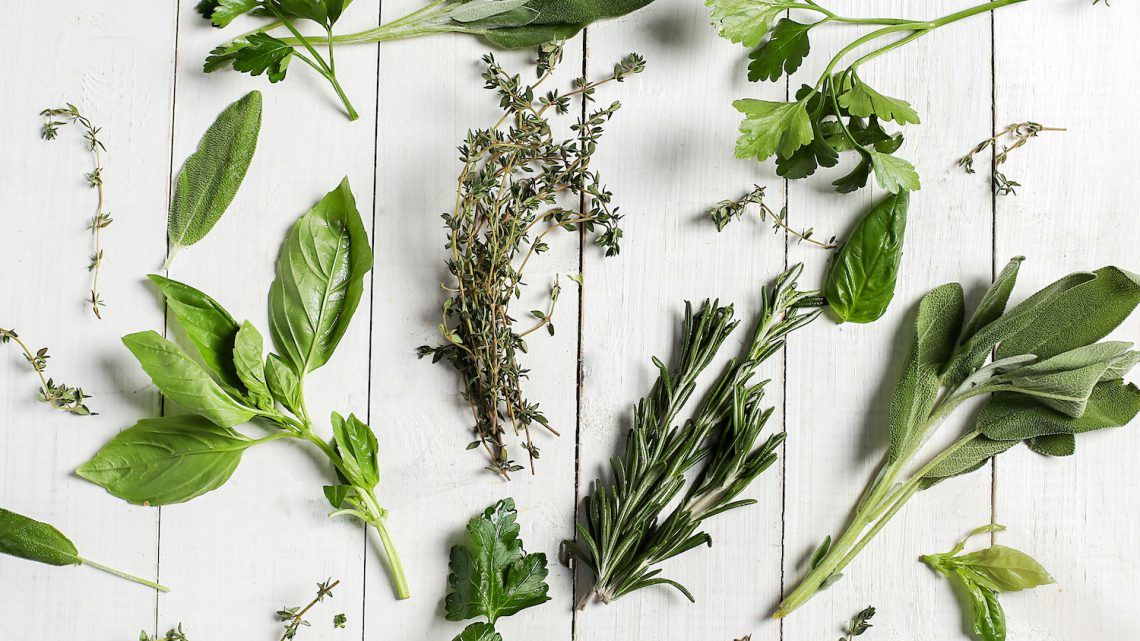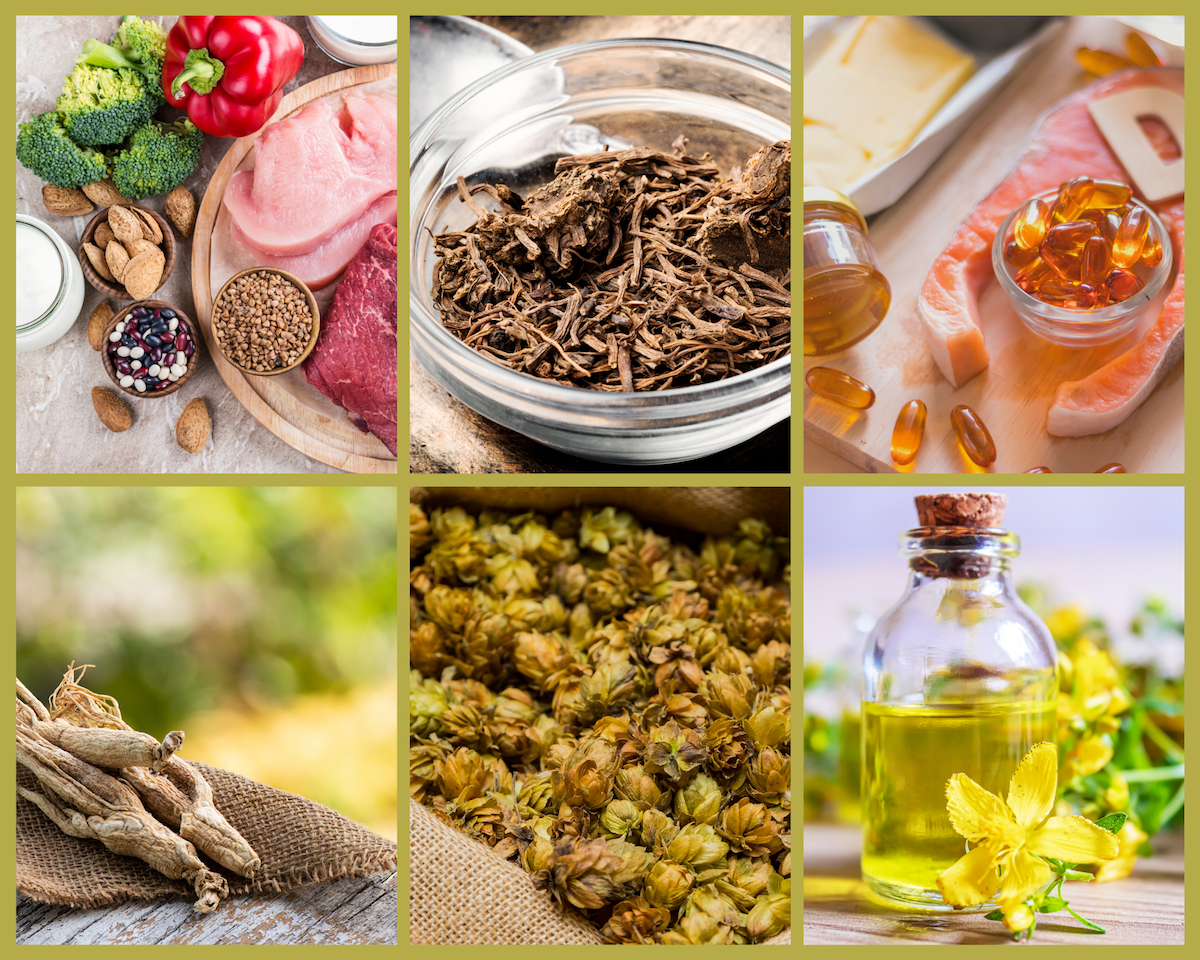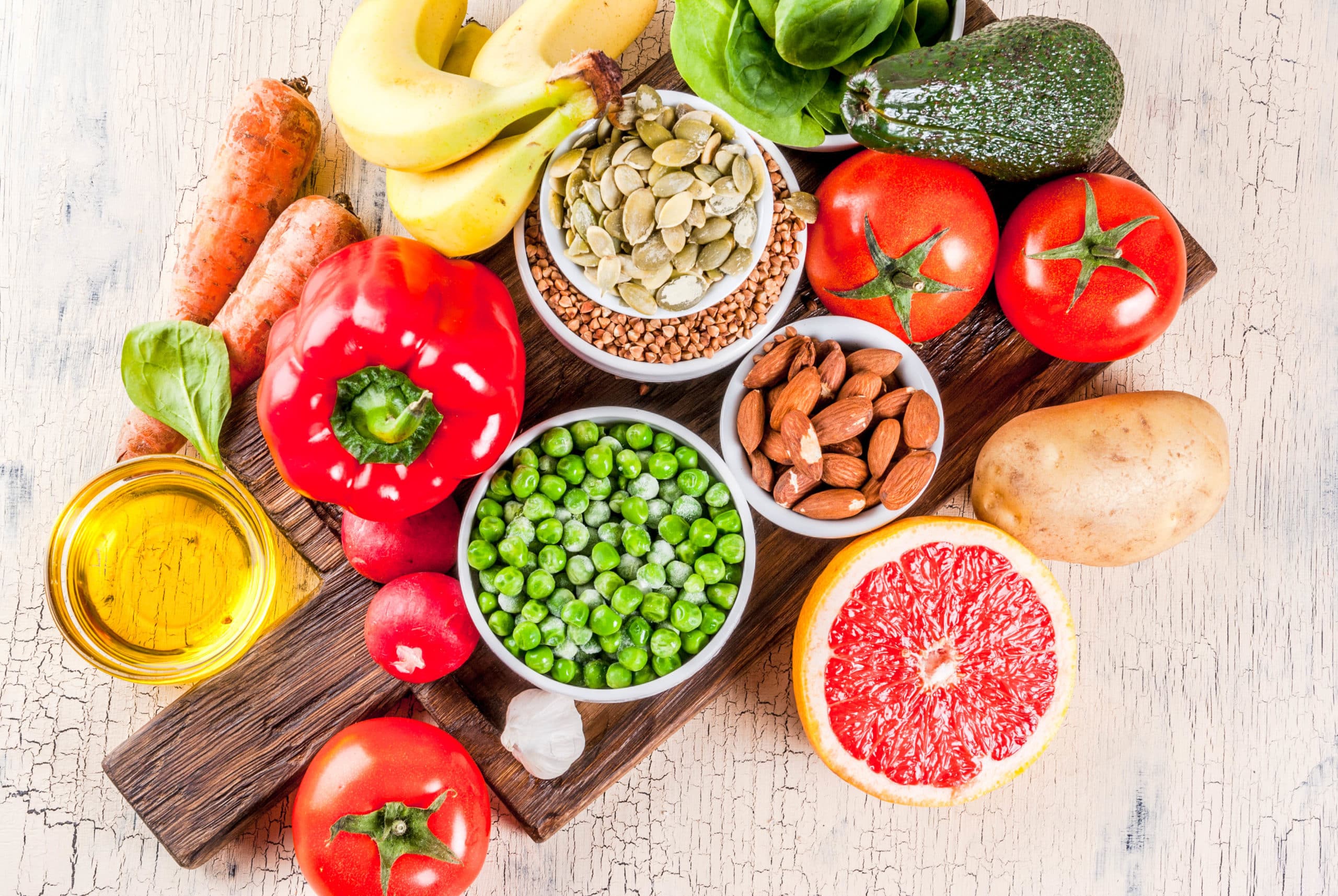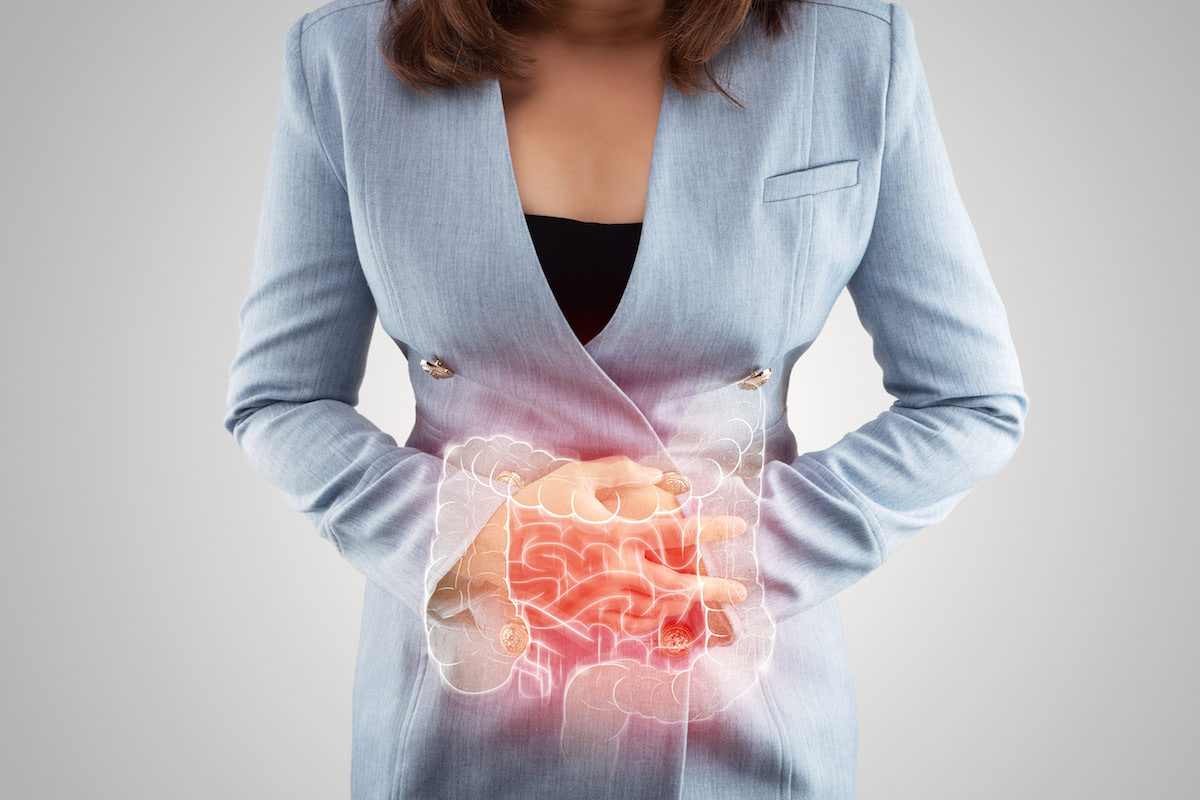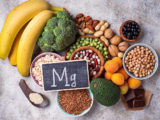Updated on 15. November 2021 from ÁYIO-Q Redaktion
Reading time: approx. 4 minutes
There is a herb against every ailment, Hildegard von Bingen already knew that in the early Middle Ages. But it was not until the 19th century that scientists succeeded in extracting the ingredients of plants in their pure form. Since then, medicine and research have dealt intensively with herbal ingredients, the effects of which have been known for almost a millennium, but only led to a separate branch of science at the beginning of the 20th century: herbal medicine. Neither conventional nor alternative medicine knows simple solutions to cut excess pounds. But there are a number of herbal ingredients that can help you lose weight.
Medicinal herbs and plants to support weight loss
Nature has a whole range of medicinal herbs and medicinal plants ready that can help you lose weight over the long term. The herbal active ingredients are available in the form of teas, ointments and oils. Essential oils are found in almost all herbs. They help with digestion as well as removing toxins and fatty acids. Bitter substances stimulate the secretion of gastric juice. Tannins protect the tissue and are mostly found in leaves or roots. The so-called indifferent substances support the positive effects of the ingredients.
A team of scientists from Poland was able to prove the weight-reducing effect of some plant extracts. The researchers found that green tea had an impact on weight loss. Study participants drank four cups of green tea a day for eight weeks. The weight loss compared to the comparison groups, of which one received two capsules of green tea extract and the other four cups of water, was considerable. The same researchers also looked at the African mallow, green kidney bean and real black cumin. All three were able to significantly reduce the body weight of overweight people.
Scientists at the University of Freiburg in Switzerland studied the influence of mate tea. They found that mate tea when drunk cold was more effective in weight loss than mate hot tea. A study by the University of Georgia also attributes weight-reducing effects to the coffee bean. The ingredient chlorogenic acid affects the blood sugar level and reduces the accumulation of fat in the liver. Chlorogenic acid is also found in apples, pears, tomatoes, and blueberries.
Even simple culinary herbs can activate the metabolism and promote digestion. These include dill, chervil, dandelion, and nettle. Basil and spinach curb the appetite, parsley, chives and cress stimulate fat burning. On top of that, they bring many vitamins, minerals and trace elements with them.
Studies have shown that natural food promotes a healthy body weight. Natural foods stimulate the energy metabolism, provide important nutrients for the utilisation of carbohydrates, proteins and fats and influence the saturation signal. This also applies to oils and fats, which for a long time were considered to be the fatteners par excellence. How the body absorbs the calories from the fats also depends on the fat quality. The good fats in rapeseed oil help you lose weight.
Vitamins, minerals and micronutrients as slimming agents
If losing weight does not work properly, it can also be due to a lack of vitamins, minerals and trace elements. Because when the body does not get the nutrients it needs, it craves food. Vitamin D, the Vitamin B complex as well as some minerals and other endogenous enzymes help with weight loss.
The B8 vitamins and vitamin D in particular are real slimming products. The vitamin B complex is made up of thiamine, riboflavin, niacin, pantothenic acid, pyridoxine, biotin, folic acid and vitamin B12, which stimulate fat burning in our body and promote the digestion of carbohydrates. Nutritionists from the University of Minnesota found in a study that vitamin D is involved in breaking down belly fat. The higher the vitamin D level (25-OH-vitamin D3), the more belly fat the study participants lost.
This result was confirmed by another study in which the body fat percentage could be reduced thanks to the vital substance. How can the daily requirement for vitamin D be met? With the help of sunlight, our organism itself is able to produce the required quantities in the skin. In Germany this only applies to the months April to September. During the rest of the year, the power of the sun is insufficient to stimulate the body’s own vitamin D production.
It is therefore important to replenish the vitamin D stored in fat and muscle tissue in the summer months so that our organism can fall back on them in autumn and winter. In addition, high-fat fish such as salmon, trout, herring or eel should be on the menu on a regular basis. Despite this advice, there is a dramatic undersupply of vitamin D in Germany. According to a study by the Federal Ministry for Food, Agriculture and Consumer Protection, eight out of ten men and nine out of ten women do not achieve the necessary daily amounts.
Plants absorb minerals from the soil, convert them and pass them on to humans in fruits, vegetables and grains. Zinc is involved in the breakdown of fats and lowers insulin levels. In this way, the vital trace element prevents food cravings, for example. Magnesium is involved in over 600 processes in the body and is essential for fat and carbohydrate metabolism, amongst other things. The mineral improves the control of insulin and glucose levels in the blood, reduces stress and ensures restful sleep. Like all trace elements, zinc and magnesium must be taken in through food.
Amino acids, hormones and the coenzyme alpha-lipoic acid play an important role in the energy metabolism. The body’s own substance supports the liver and protects it from obesity. Research has shown in a study that alpha lipoic acid can also help with weight loss. In one study, overweight women were given alpha lipoic acid as a dietary supplement for a period of six months. As a result, the test subjects lost around 1.7 percent of their body weight. The weight of the placebo group remained unchanged. The women neither changed their eating habits nor did they exercise more than usual.
Related articles: Obesity (Adipositas)
- Adiposity (Obesity) – Clinical picture and general methods of treatment
- Adiposity (Obesity) – The psyche is of far-reaching importance
Sources:
[1] Center for Health: Entstehung der Pflanzenheilkunde, Access date 01.06.2021
[2] Medicinal herbs: Inhaltsstoffe, Access date 01.06.2021
[3] Naturmed Depesche, medical journal with a focus on naturopathy, natural medicine: Studien Grüner Tee, Access date 01.06.2021
[4] University of Georgia: Studie Kaffeebohnen, Access date 01.06.2021
[5] Health insurance headquarters: Öle und Fette, Access date 01.06.2021
[7] National Library of Medicine: Magnesium Study, Access date 01.06.2021
[7] National Library of Medicine: Studie Magnesium, Access date 01.06.2021
[8] The Journal of Nutrition: Alpha-Liponsäure, Access date 01.06.2021
